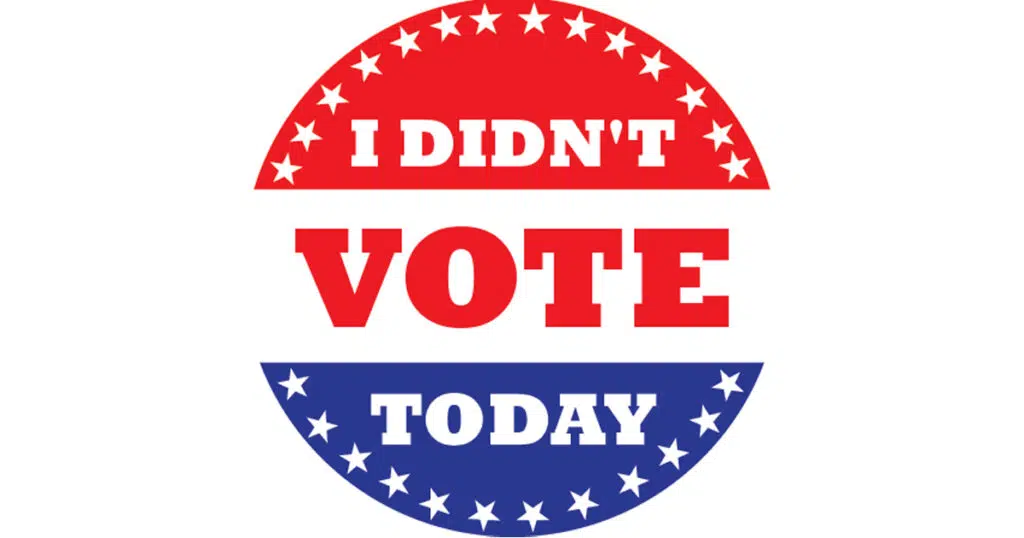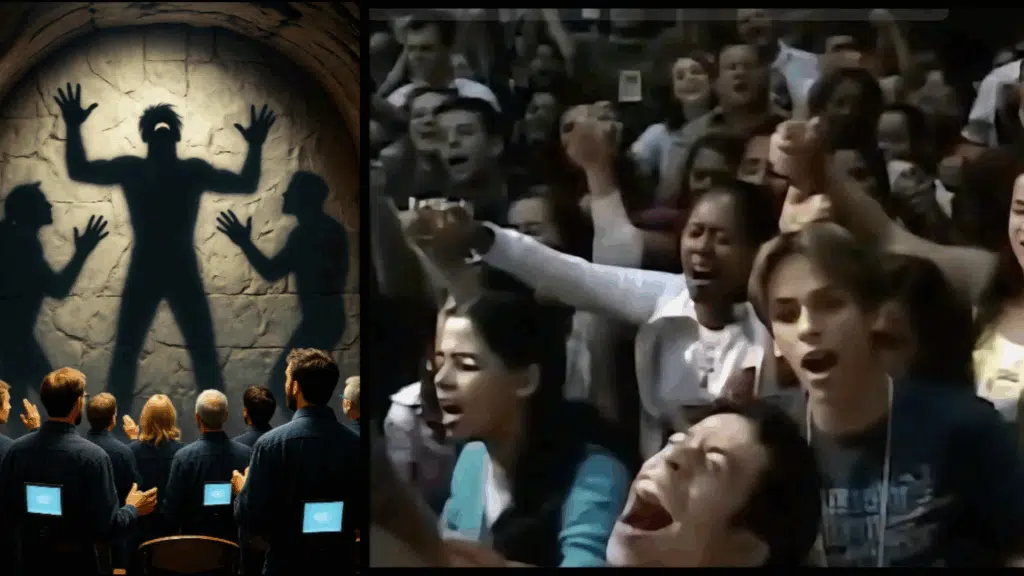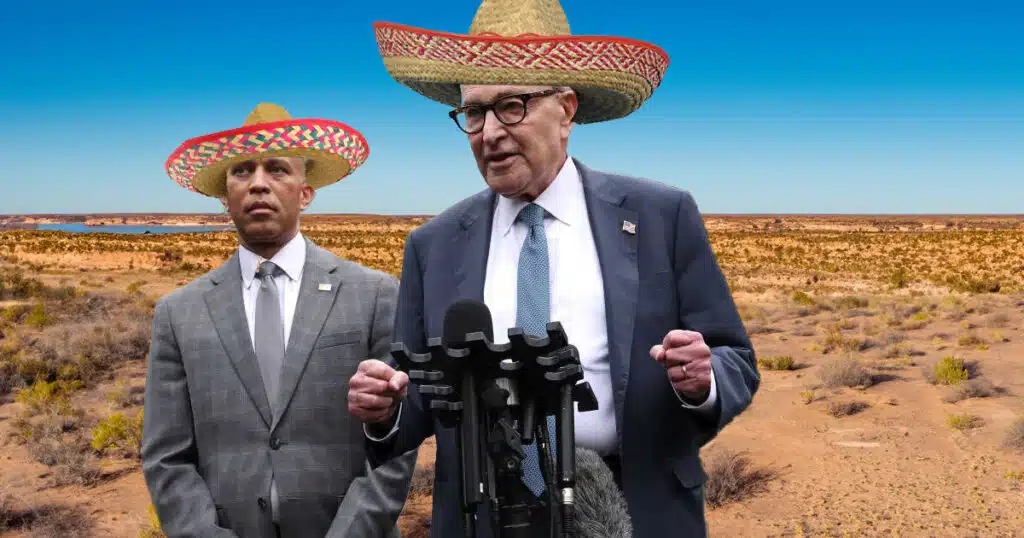
What We Can Learn From the Non-Voters
We all know some folks that are either too apathetic or nihilistic to vote. They either can’t be bothered, don’t care, or don’t believe that it matters at all who is appointed over them.
Those are not the kind of non-voters I am talking about learning from. I am talking about the non-voters that are smart, activated, well read, and purposely don’t vote after serious deliberation and forethought.
The spectrum of voting is wide. Maybe we vote for the President, but that’s it. Maybe we participate in the midterms, too. Perhaps we vote in town for city council, sheriff, and school board members. Or, maybe we appreciate democracy so much we vote thoughtfully at every single opportunity available after thoroughly researching the candidates. And we even call our nieces and nephews to see what is going down at the hometown high school student body elections.
Wherever you are on this scale, according to the US Census Bureau (corruption level unknown) the amount of voters on average that get out for Presidential elections give us an average of a D minus if we were being graded as a nation, low 60% range. It drops off after that for around 50% at midterms, etc.
If 40% of us don’t vote for President, how many of those are the deliberate non-voters, vs the lazy ones? It is hard to say, and we won’t speculate. What we can find out, though, is why they choose not to.
Here are some of their main thoughts:
- The elections are rigged.
- Voting disempowers and neuters otherwise actionable citizens.
- It is immoral to force one’s beliefs onto someone else.
What do these mean, exactly?
1. What if the elections really are rigged? This is a hot topic right now, and has been for a while. We aren’t talking about the elections being just swayed or vague, like the instance of the hanging chad that many of us might recall from 2000. With independent films like 2000 Mules coming out and getting a lot of attention, we are talking about full blown conspiracies to manipulate the entire system of democracy, and honestly this claim is getting harder and harder to deny. The non-voters are of the mind that the (s)elections are obviously being managed by many forces above and outside of our control. This makes the campaigning, debates, and votes simply interactive theater, and it actually goes against our interests to participate.
2. How do they believe it goes against our interests to vote? If all the average voter sees as their patriotic responsibility is to just wait around for every rare election to vote, they don’t act upon the endless number of ways that our energy and wisdom could be used to improve our country with our own hands and voices on a daily basis. The votes distract us from making tangible, local impacts in our control. They are pacifiers.
Additionally, what happens to the responsibility of power, and the culpability of fault, when we vote? The non-voters are keen to remind us that a common thought among voters is that if the official in charge is not who I voted for, “well, don’t blame me, I didn’t vote for him.” If the official in charge is the one I voted for, then, “hell yeah, I did my part. My work here is done.” If I voted in someone who is now mucking things up, “well, that isn’t why I voted for him, those are his faults, not mine.” The finger pointing can go on endlessly.
These aspects give the power away, and no matter how it is played out, we voting citizens can absolve ourselves of the responsibility or blame for a situation. This, in addition to neutering our potential for action as named above, aids those that wish to cut off our sovereignty at the knees and leave us like spectators at a tennis match, placidly watching from our seats as the ball goes from left to right, to left, to right…forever.
3. Just because a majority decides it, does it mean that it is right to do? If Peter and Paul vote to rob Mary, is Mary supposed to sit there and take it? The ethical debate of a majority rule democracy requires a fresh wind to get into, but in short it is important to note that this is a major point of concern for the non-voters. So most people voted that you should do something, so what? Does that mean you should really have to do it against your will? Is that moral? Next, the state steps in to coerce you with fines and/or violence to follow this majority rule, and here we have tons of trouble. The non-voters prefer not to participate in a system that enacts violence on people who disagree with a majority.
What we can learn from these points is to really make the most of our votes by becoming knowledgeable and engaged voters, people that really know what is going on not only on the ballot, but beyond it. Also, to be blunt, many of us could use a bit more action and a little less conversation on the ground. Especially if we talk about wanting to see some changes ’round here. The value of personally stepping up in our families, communities, workplaces, and even local politics to be the changes we wish to see cannot be understated. It is important to distinguish where we are giving the power to others because we sincerely cannot make the change ourselves, and where we are giving the power to others because we don’t want to have to make the change ourselves.
The lesson is not to convince the non-voters to vote, the lesson might be to become so engaged with our own lives and local community’s economy and politics that the influence we ourselves make outweighs the impact of the non-voters absence, and maybe even the elections themselves.



